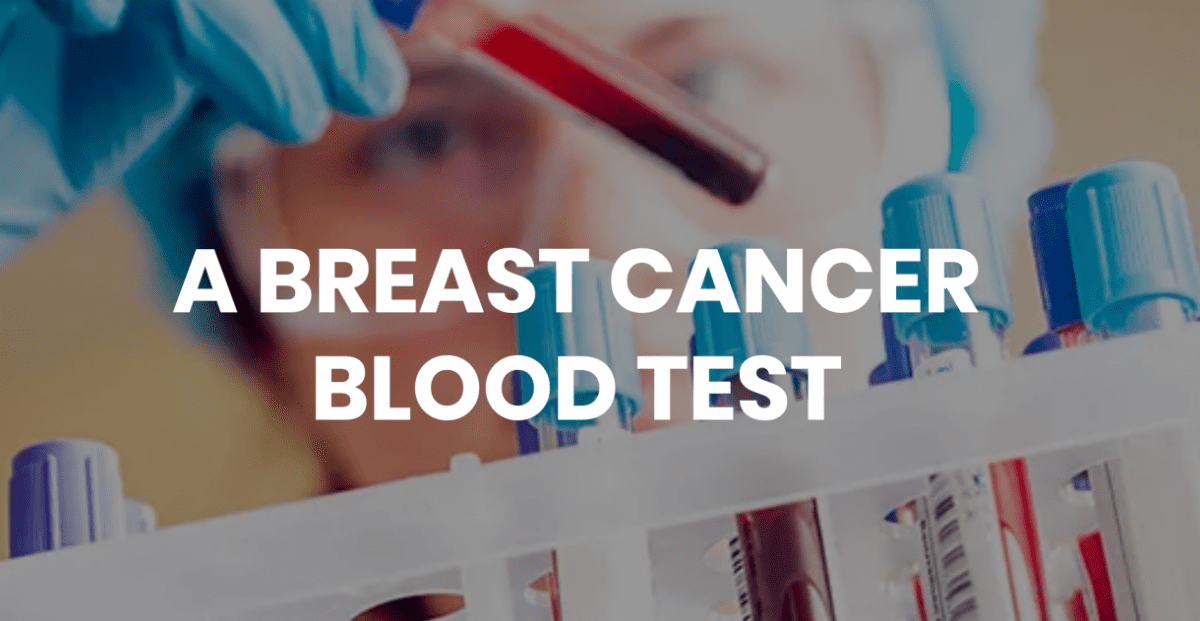Martell Diagnostic Laboratories, Inc. has announced the launch of its new diagnostic test for breast cancer patients – HERTEST.

HERTEST is a blood test that looks for a protein called human epidermal growth factor receptor (HER2), which is shed into the blood stream of patients with growing breast cancer tumors. HERTEST uses state-of-the-art antibodies to detect HER2 at diagnosis, as well as uncovering HER2 tumors in women with primary tumors originally testing negative at diagnosis. HERTEST is available both as a traditional lab test and as a lateral flow assay. The traditional lab test is available in the United States and the lateral flow assay will be made available for use in developing countries where lab testing is not available.
“We’re tremendously excited to give women and their oncologists all over the world a better way to guide cancer therapy,” said Michelle Edwards, CEO of Martell Diagnostics Laboratories. “HERTEST can help deliver on the promise of targeted therapy for millions of women.”
Michelle Edwards, new CEO of Martell Diagnostic Laboratories, leads the Minnesota-based team with a primary goal of offering their flagship test, HERTEST, to the masses for improved onco-therapeutics and drug efficacy for breast cancer patients that will reduce costs and drug-use. HERTEST is currently in clinical trials and partnership with the University of Minnesota, Mayo Clinic, and Kilimanjaro Cancer Center in Tanzania, with planned expansion to Bangladesh and Honduras.
In the U.S., 300,000 women are diagnosed with breast cancer each year with HER2 breast cancer making up about 20% of those cases. Globally, over 2.3 million new breast cancer diagnoses are delivered annually, with even higher rates of HER2 positivity. HERTEST will help answer breast cancer patients’ questions and give physicians specific, real time data regarding patient status and better treatment options.
Targeted therapy in breast cancer treatments traditionally requires hefty costs and limitations leading oncologists to seek new tests that will lower drug use and increase quality of life. Currently, women wait 10-14 days to receive results about the progression of their condition, losing valuable time in treatment. With more than 100 peer-reviewed articles supporting the importance of HER2 testing for treatment, HERTEST monitoring provides useful information to support cancer treatment de-escalation within two days of the test.